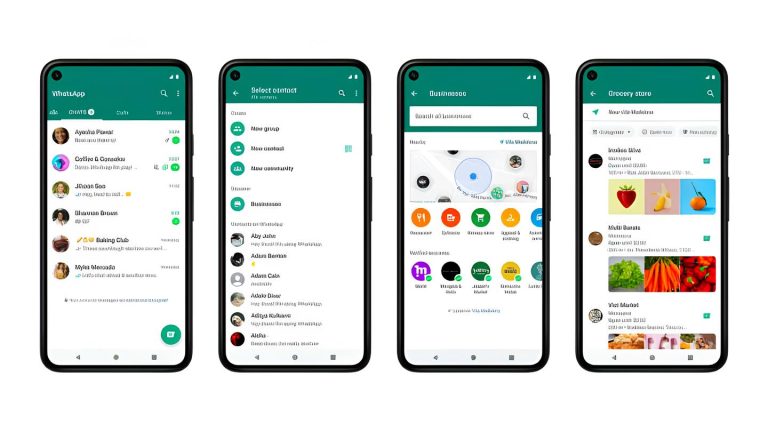Online Privacy Tips to Stay Anonymous in 2025
Staying private and safe online is very important. With so much personal information shared on the internet, it’s good to know how to protect yourself. This guide gives you simple tips to help you stay anonymous and keep your data secure.
If you’re new to online privacy or already know the risks, these tips will help keep your identity safe. They show simple ways to make your online experience safer and more private.
Tips
1.Use a Virtual Private Network (VPN)
A VPN hides your internet traffic and your IP address, making it difficult for hackers or third parties to see what you are doing online. When choosing a VPN, pick one that does not keep logs of your activity and offers servers in many countries. Also, look for strong security protocols like OpenVPN or WireGuard.
Why It’s Important: A VPN is your main protection when it comes to staying anonymous online.
2. Switch to Privacy-Focused Browsers and Search Engines
Not all browsers and search engines protect your privacy. Some collect your data for advertising. To stay private, use browsers like Tor, Brave, or Firefox with privacy settings. For search engines, try DuckDuckGo or Startpage, as they don’t track your searches.
Pro Tip: Use plugins like uBlock Origin or Privacy Badger to block trackers.
3. Strengthen Account Security with Two-Factor Authentication (2FA)
Two-factor authentication adds extra security to your accounts. Along with your password, you also need a code sent to your phone or from an app like Authy or Google Authenticator.
Why It’s Important:Even if someone has your password, 2FA makes it harder for them to enter your account.
4. Encrypt Your Communications
Use end-to-end encryption for your messages so no one else can read them. Apps like Signal, WhatsApp, and Telegram allow you to send safe messages.
Pro Tip: Never share sensitive information in unprotected messages, even through regular email.
5. Be Careful with Social Media Sharing
Social media collects a lot of personal data. To protect your privacy, avoid sharing too much, like your phone number or location. Regularly update your privacy settings and consider using a fake name. Keep your profile visible only to friends.
Why It Helps: Sharing less online helps reduce the chance of identity theft and targeted ads.
6. Keep Your Devices and Software Updated
Old software can have security problems that hackers can use to break in. To protect yourself, always update your devices and apps.
Quick Tips:
- Turn on automatic updates for your system and apps.
- Use antivirus software for extra protection.
7. Disable Location Tracking and Manage Permissions
Many apps track your location. To protect your privacy, turn off location services when not needed and manage app permissions to stop them from accessing sensitive information.
Bonus Tip: Clear your device’s location history regularly.
8. Use Disposable Email Addresses and Secure Password Managers
Disposable email addresses can help you avoid spam and phishing attacks. For safely storing your passwords, use a secure password manager like LastPass or Bitwarden.
Why It Works: This keeps your online activities separate across different websites.
Conclusion
Protecting your privacy online is simpler than you think. By following these tips, you can stay anonymous and lower the chances of data theft or identity theft. Start using these steps today to keep your online life safe and enjoy a more secure internet experience!


